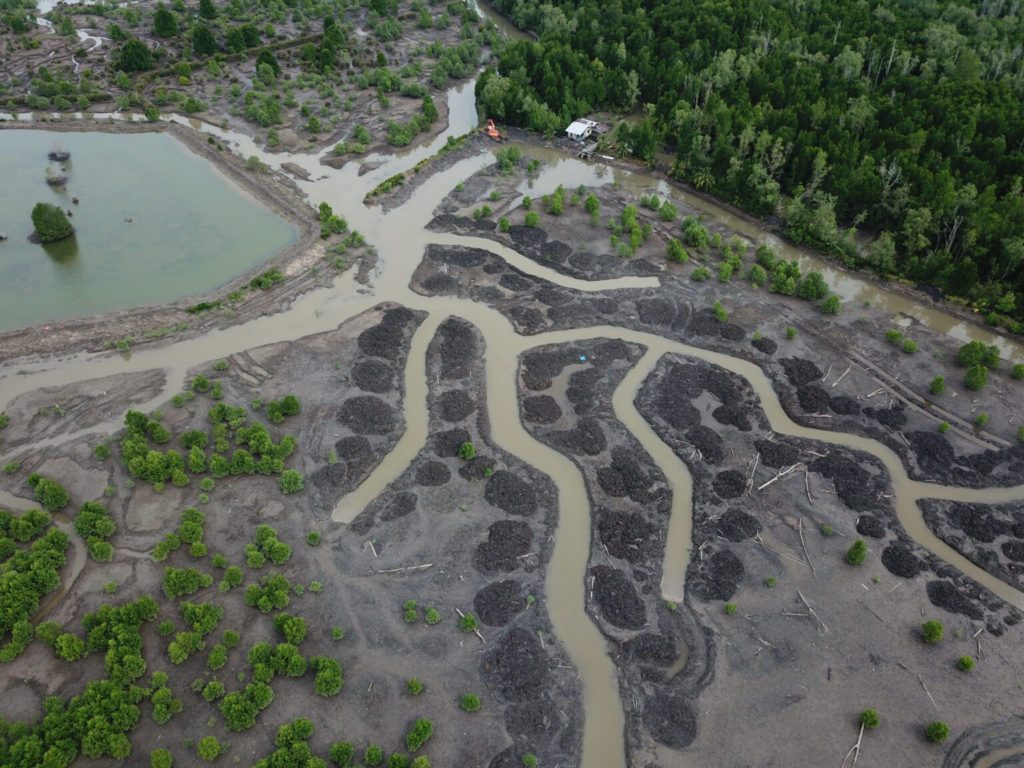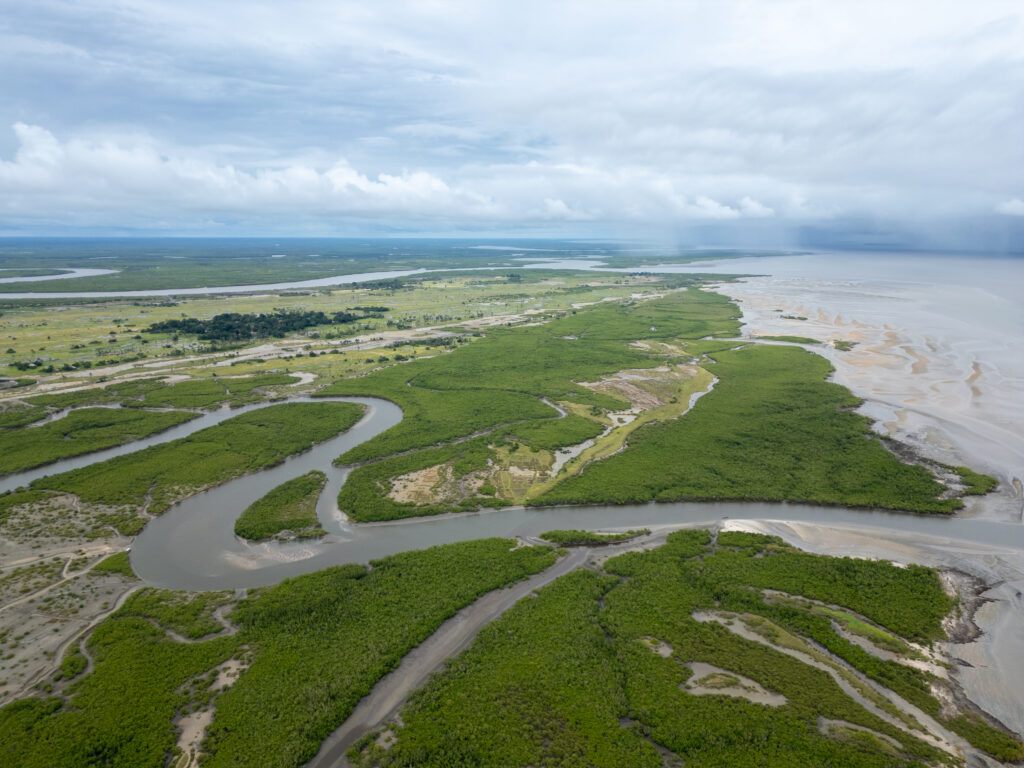
The International Mangrove Conservation and Restoration Conference
As global attention on mangrove restoration grows, adopting effective, science-based approaches is essential. Held in Abu Dhabi, this unique three-day international event will connect cutting-edge mangrove science with best practices in conservation and restoration. The goal is to align practitioners, NGOs, governments, scientists, industry, communities, and funders around shared, inclusive standards for mangrove restoration
The conference is being jointly organised by the Environment Agency – Abu Dhabi, the United Nations Decade on Ecosystem Restoration, the United Nations Environment Programme, the Global Mangrove Alliance, the University of St. Andrews, the IUCN Mangrove Specialist Group, the Zoological Society of London, Wetlands International and Emirates-Nature-WWF.
The conference is centred around four themes:
- Restoration Best Practices and Innovation in Restoration and Monitoring
- Integrated Seascape Approach and Habitat Connectivity
- Mangroves in the Arabian Peninsula; a Regional Focus
- Climate Mitigation and Adaptation through Conservation and Restoration
The three-day programme agenda for the first International Mangrove Conservation and Restoration Conference is now published on the conference website. Registration is closed.
Community-based Ecological Mangrove Restoration
As co-organiser and strategic partner, Wetlands International, along with other experts will highlight the importance of moving away from mass monoculture mangrove planting towards inclusive ecological restoration approaches that involve local communities and other stakeholders and build upon the latest scientific insights.
Apri Astra Susanto from Wetlands International Indonesia and Abdoulaye Ndiaye from Wetlands International Guinea-Bissau will showcase some of our large-scale mangrove restoration projects in Indonesia and Guinea Bissau. They will demonstrate that true success lies in creating the ideal conditions for mangroves to naturally regenerate. By addressing key factors such as hydrology, nutrient availability, and sedimentation, we can facilitate natural growth without the need for planting in most cases. Planting should only be considered when natural regeneration is not feasible or as a means to support or enhance the process. Moreover, they will show how they are ensuring favourable socioeconomic conditions for local communities, which is essential to securing the long-term protection of these vital ecosystems. Read more about their work in Central Java and North Kalimantan and Guinea Bissau.


Best Practice Guidelines on Mangrove Restoration
To guide conference participants with best practices for every phase of mangrove restoration projects, Wetlands International and Mangrove Action Project will co-facilitate a workshop on the Best Practice Guidelines on Mangrove Restoration, released by the Global Mangrove Alliance and the Blue Carbon Initiative.
Aligned with the Best Practice Guidelines, Wetlands International also presents a series of 4 short videos on Effective Mangrove Restoration to create awareness of Community-based Ecological Mangrove Restoration:
Why Restore Mangroves?
Why mass planting mangroves fails
How to go about Restoring Mangroves
Sustaining Mangroves
Other languages
Explore our series in other languages (Spanish, French, Portuguese and Bahasa) and stay tuned with our entire playlist here.
Senior Communications and Advocacy offocer
Susanna Tol





